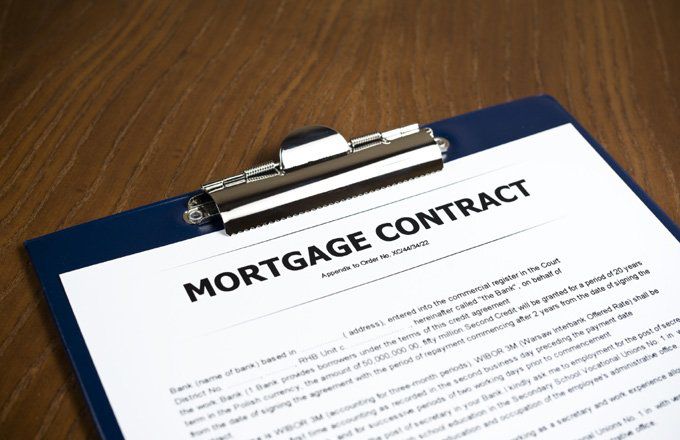
Real Estate Contingencies
Sometimes a contingency clause is attached to an offer to purchase real estate and included in the real estate contract. Essentially, a contingency clause gives parties the right to back out of the contract under certain circumstances that must be negotiated between the buyer and seller.45
Contingencies can include details such as the time frame (for example, “the buyer has 14 days to inspect the property”) and specific terms (such as, “the buyer has 21 days to secure a 30-year conventional loan for 80% of the purchase price at an interest rate no higher than 4.5%”). Any contingency clause should be clearly written and well-outlined so that all parties understand the terms.
Contingency clauses can be written for nearly any need or concern. But in every case, if the conditions of the contingency clause are not met, the contract becomes null and void, and one party (most often the buyer) can back out without legal consequences. Conversely, if the conditions are met, the contract is legally enforceable, and a party would be in breach of contract if they decided to back out.6
The consequences of being in breach of contract vary, from forfeiture of earnest money to lawsuits. For example, if a buyer backs out and the seller is unable to find another buyer, the seller can sue for a specific performance, forcing the buyer to purchase the home.
In certain states, real estate professionals are allowed to prepare contracts and any modifications, including contingency clauses. In other states, however, these documents must be drawn up by licensed attorneys.
Appraisal Contingency
An appraisal contingency protects the buyer and helps ensure a property is valued at a minimum, specified amount. If the property does not appraise for at least the specified amount, the contract can be terminated, and in many cases, the earnest money is refunded to the buyer.7
An appraisal contingency may include terms that permit the buyer to proceed with the purchase even if the appraisal is below the specified amount, typically within a certain number of days after the buyer receives the notice of appraisal value. The seller might have the opportunity to lower the price to the appraisal amount.8
The contingency specifies a release date on or before which the buyer must notify the seller of any issues with the appraisal. Otherwise, the contingency will be deemed satisfied, and the buyer will not be able to back out of the transaction.
Financing Contingency
A financing contingency (also called a “mortgage contingency”) gives the buyer time to apply for and obtain financing for the purchase of the property. This provides important protection for the buyer, who can back out from the contract and reclaim their earnest money in the event they are unable to secure financing from a bank, mortgage broker, or another type of lending.
A financial contingency will state a specified number of days the buyer is given to obtain financing. The buyer has until this date to terminate the contract (or request an extension that must be agreed to in writing by the seller). Otherwise, the buyer automatically waives the contingency and becomes obligated to purchase the property—even if a loan is not secured.
Home Sale Contingency
Although it is easier to sell one home before buying another property in most cases, the timing and financing don’t always work out that way. A home sale contingency gives the buyer a specified amount of time to sell and settle their existing home in order to finance the new one. This type of contingency protects buyers because if an existing home doesn’t sell for at least the asking price, the buyer can back out of the contract without legal consequences.
House sale contingencies can be difficult on the seller, who may be forced to pass up another offer while waiting for the outcome of the contingency. The seller retains the right to cancel the contract if the buyer’s home is not sold within the specified number of days.

